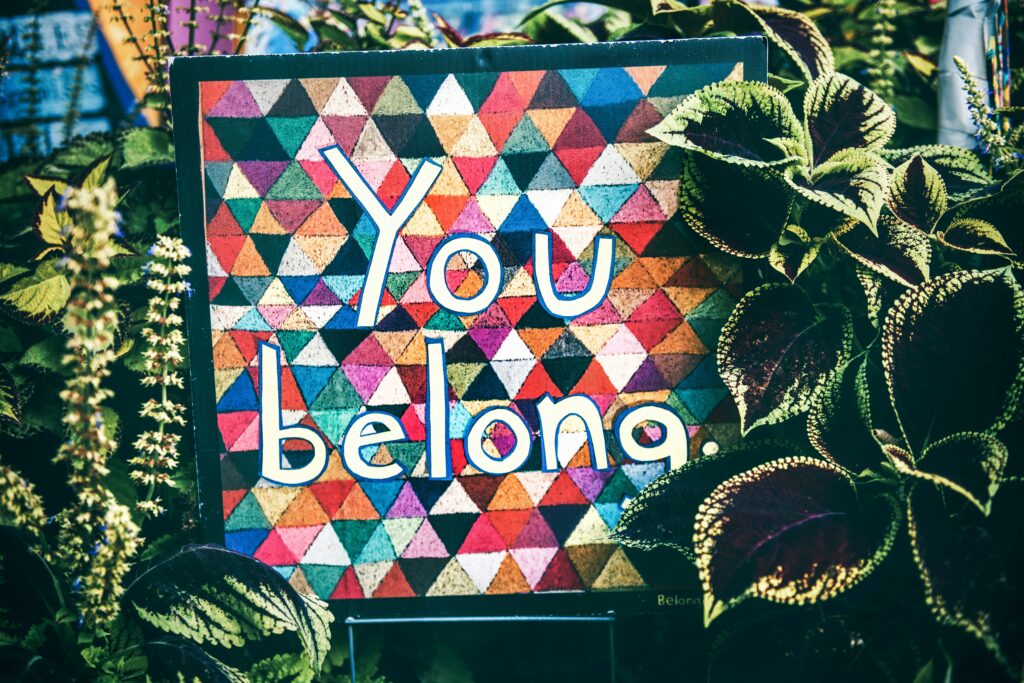
UnsplashのTim Mossholderが撮影した写真
Have you ever faced in such an situation below, when you have a conversation and wanted to show your empathy, but you didn’t know how to answer ended up leaving away the conversation. This article would help you to show your empathy and attitude of you listening someone’s story well. So let’s get started!
Wakaru(わかる)
This phrase is widely used for expressing your empathy. This could be exactly translated I can feel you in English. If you wanna use it on business situation, put ”Masu(ます)” at the last and transform Wakaru → Wakari, and say” Wakarimasu(わかります).
Example: このテレビ面白いよな (kono televi omoshiroi yona)
This channel is funny.
わかる(wakaru)
Yeah.
お母さんは偉大だったんですね(Okasan ha idai datta n desu ne)
I’ve noticed that mother is great.
わかります!(Wakarimasu)
I can feel you!
Tashikani(たしかに)
This phrase is usually translated “True”. When you convinced some story, you can say Tashikanni to express your understanding. But this words is not that polite, so it would be better to avoid using it on business situation
Example ; この会社って働きやすいよな (Kono kaisya te hatarakiyasui yona)
This company is confortable to work.
たしかになー ( Tashikani na-)
True.
Soudayone(そうだよね)
This phrase is widely used for various situation. This could be used for expressing your understanding or agreement, attitude of listening carefully. So, obviously it’s useful words saying with nodding.
Example ; あの子優しいよね(Anoko yasashii yone)
I think she is kind.
そうだよね(Soudayone)
I agree.
Naruhodo(なるほど)
This phrase literally means “I see”, but it’s rude to use for your business partner or someone of higher status. Also, it would be a rude as well even for your friends, so it’s probably better avoid using.
Example ; 人の目を見て話しなさい。(Hito no me wp mite hanashi nasai)
Make an eye contact when talking.


コメント